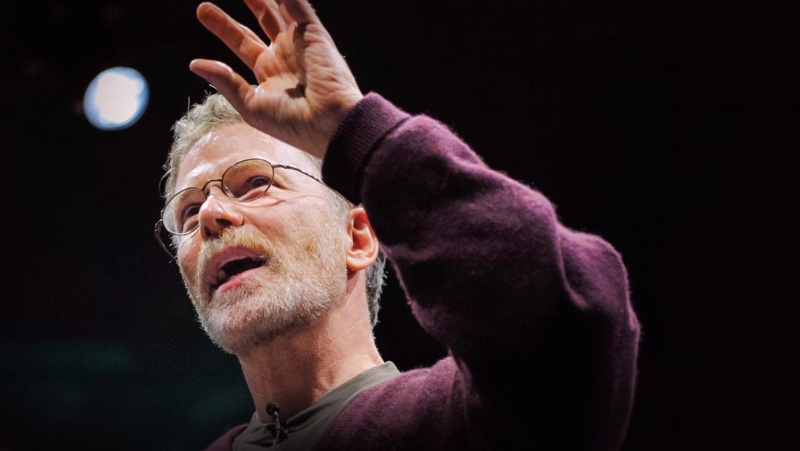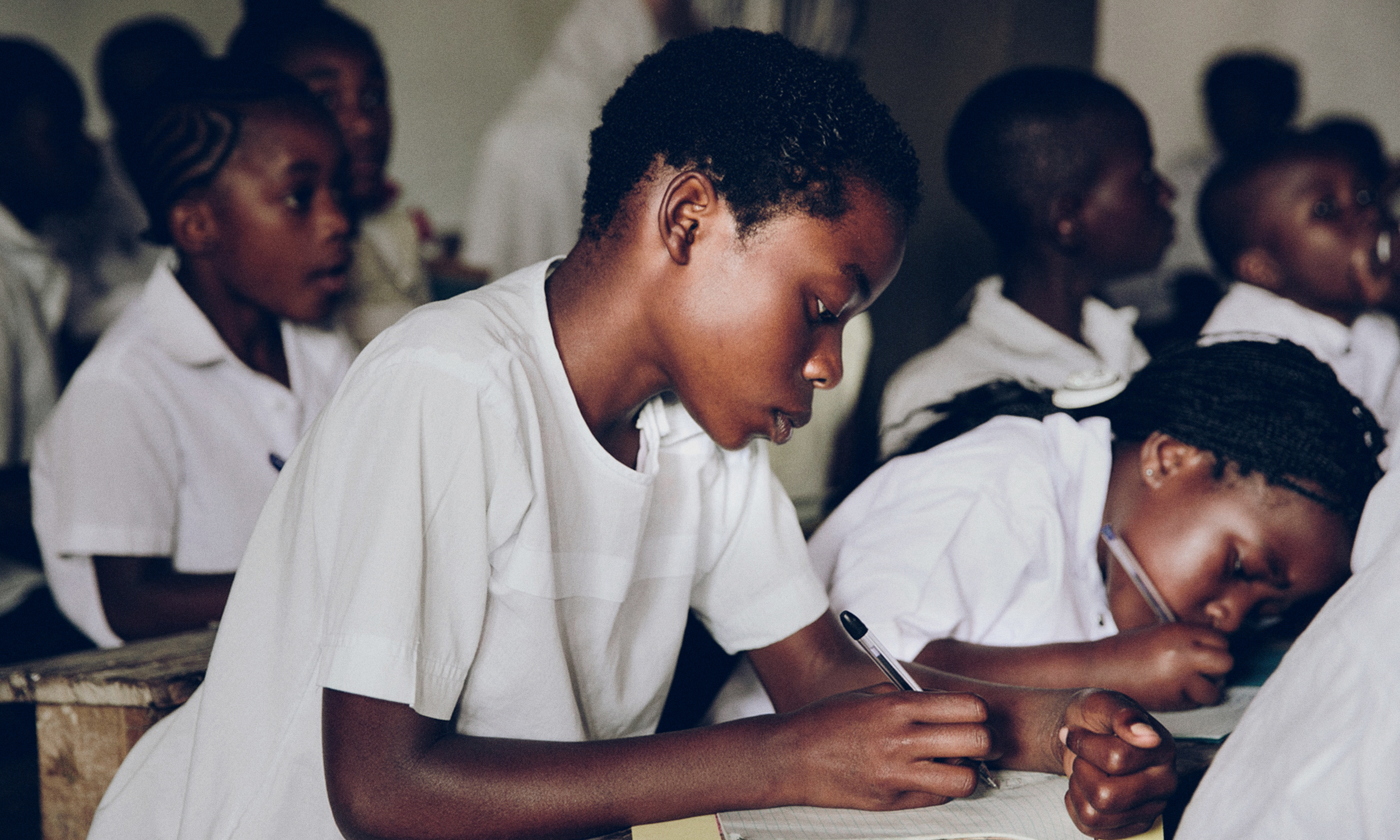
Will the future be defined by the questions we ask?
An esteemed scientist, ethicist, and thought leader, Greg has written more than a hundred articles, published research, and books, and is an in-demand speaker. But of all his writings, the most popular (and his favorite) was a book that launched the genre: The Book of Questions. There he posed 250 provocative, playful, open-ended questions to challenge our attitudes about love, money, family, loss, purpose, character, honesty, and the very meaning of life. The book was a reliable path to rich interpersonal engagement, and it became a #1 New York Times best seller that has been translated into 22 languages. He went on to write over 2,000 questions in 8 books and calendars that have sold more than 5 million copies.
He has long been a leading voice on the implications of emerging technology for science, society, and the human future. At UCLA, he spawned the school’s Genetics and Society Institute. He founded and ran two biotech companies. And, as a professor at the Institute of Next Generation Healthcare at the Icahn School of Medicine at Mount Sinai in New York, he has pushed towards a new paradigm for healthcare.
What will it mean to live in a bioengineered, tech-enabled future?
The focus of Greg’s inquiry has been the intersection of people, genetics, and technology. Humanity is moving out of its childhood and into its adolescence, and we need to decide how we want to live. What is enough? What is too much? When do we pull the plug on an aged loved one living a life without health or joy or sometimes even awareness? When do we just let a very low birth weight baby die rather than spring into action and aggressive intensive care interventions? These choices once didn’t exist because we had limited control, limited capabilities.
Now we face these issues throughout our lives. We have moved beyond pure survival and have so much to choose from, so many choices. We need to do so consciously and with awareness if we are to find health, spiritual and physical well being, achieve fulfillment, and feel dignity. There are no simple universal answers. There are no villains holding us back … other than ourselves.
When will we be happy again?
Ultimately, the question is why do so many people experience life so negatively now at this moment of material abundance beyond anything that previously existed? Why aren’t we taking pleasure in the possibilities and opportunities we are creating? Why is it so hard for people to get their bearings now? Why are all of our institutions teetering? The overarching answer is that these are all manifestations of the great reset that is now occurring – a profound shift not just in our lives, not just in human history, but in the history of life itself. It is no small wonder that patterns and institutions are shifting, and that it is hard to understand this, much less navigate and take full advantage of it.
Our challenge today is not to resist advanced technology – a powerful dynamic that will sweep forward regardless – but to make the amazing, magical tools of today serve our human needs and ends.

“The gulf between what is and what might be has never been larger.”
This feeds our guilt and dissatisfaction, though the context of our lives has improved immensely in virtually all measures. We have greater health, longevity, education, opportunity, food, shelter than ever before, and less poverty, less starvation, less ignorance. We have far greater possibilities before us, but we are not yet comfortable with our new choices and responsibilities.

“We are incredibly fortunate to be alive here and now. We are co-creators in this new chapter of life.”
In today’s world, there are so many things that are destructive to our physical, spiritual and emotional well being. The modern world plays upon and amplifies our deepest yearnings in ways that often undermine our well being.
Sugar feeds our craving for high energy foods, online pornography substituted for sex and relationship, on-demand binge entertainment pulls us away from real life.
Let’s step back, look around us, engage one another, explore our authentic selves, and embark on an intrepid journey into the human experience.

“We are enough.”
The questions we ask each other can help us better see and understand our own life journeys and those of our friends and loved ones. A dialog of wonder and the challenges of the human condition can sustain us during this time of massive change.
